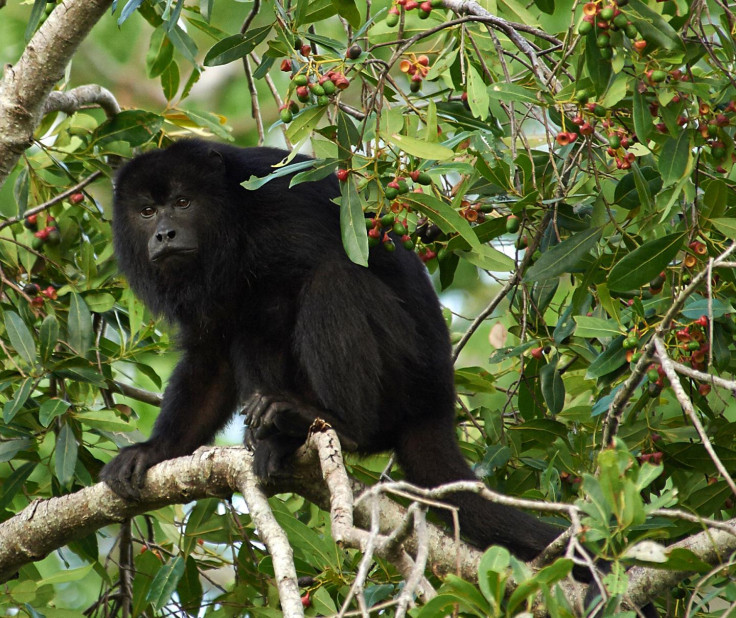Infectious diseases like Ebola on the rise as pathogens change hosts, says study

Outbreaks of many infectious diseases like Ebola and West Nile virus are expected to increase with climate change, causing many deaths across the globe, says a new study.
Shifting habitats will push wildlife, crops, livestock and humans into contact with pathogens that they have never been exposed to before.
The researchers call for a "fundamental conceptual shift" recognising that pathogens retain genetic capabilities allowing them to acquire new hosts quickly.
New hosts are more susceptible to infection and get sicker from it because they haven't yet developed resistance. Without resistance, the pathogen settles into a chronic disease.
Writing in an article published in Philosophical Transactions of the Royal Society B, Daniel Brooks, affiliated with the Harold W. Manter Laboratory of Parasitology at the University of Nebraska-Lincoln, says, "It's not that there's going to be one 'Andromeda Strain' that will wipe everybody out on the planet. There are going to be a lot of localized outbreaks putting pressure on medical and veterinary health systems. It will be the death of a thousand cuts."
Co-author, Eric Hoberg, a zoologist with the US National Parasite Collection of the USDA's Agricultural Research Service, and Brooks have personally observed how climate change has affected very different ecosystems.
Scientists have assumed parasites don't quickly jump from one species to another because of the co-evolution of parasites and hosts. But instead of making emerging diseases rare, what is seen is the opposite.
Brooks calls it the "parasite paradox."
Even pathogens highly adapted to one host are able to shift to new ones.
Both have observed the arrival of species that hadn't previously lived in that area and the departure of others.
Brooks notes how after humans hunted capuchin and spider monkeys out of existence in some regions of Costa Rica, their parasites immediately switched to howler monkeys. Some lungworms in recent years have moved northward and shifted hosts from caribou to muskoxen in the Canadian Arctic.
"West Nile Virus is a good example - no longer an acute problem for humans or wildlife in North America, it nonetheless is here to stay," he says.
In addition to treating human cases of an emerging disease and developing a vaccine for it, he says, scientists need to learn which non-human species carry the pathogen.
"We have to admit we're not winning the war against emerging diseases," Brooks says. "We're not anticipating them. We're not paying attention to their basic biology, where they might come from and the potential for new pathogens to be introduced."
© Copyright IBTimes 2025. All rights reserved.





















